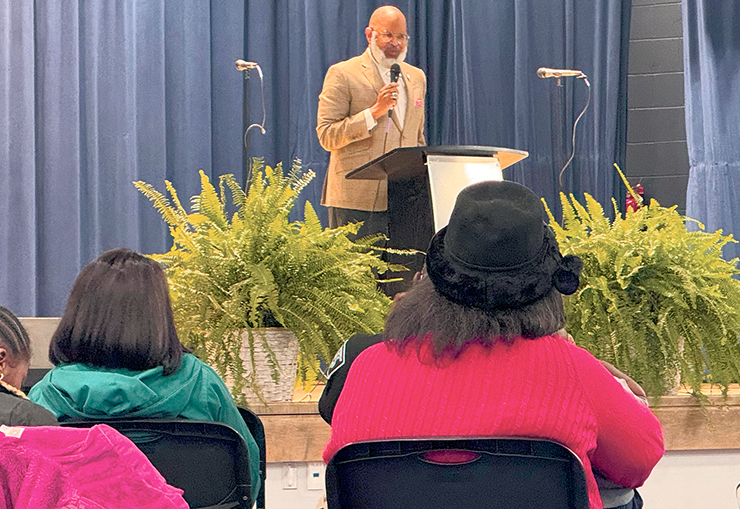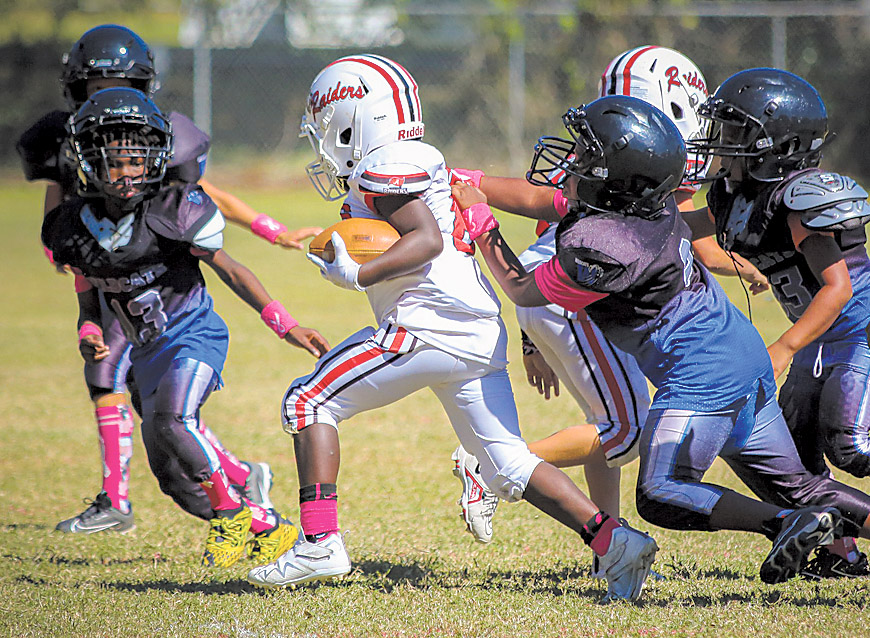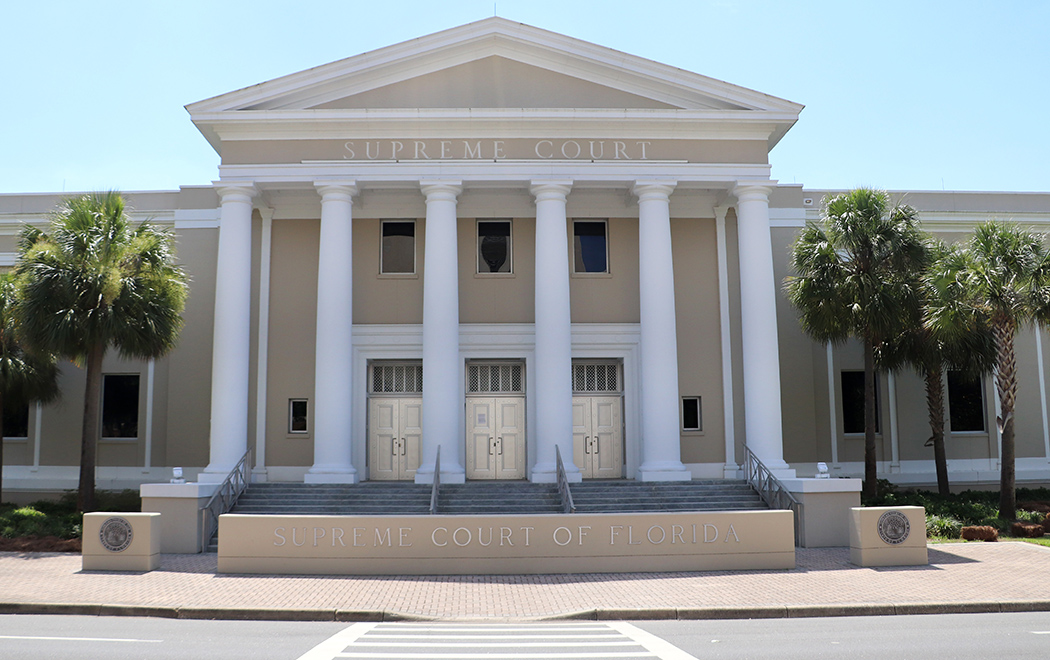TALLAHASSEE, Fla. – The Florida Supreme Court heard oral arguments Wednesday to decide whether a proposed state constitutional amendment aimed at protecting abortion rights will be on the ballot this year.
The amendment asks Florida voters to “limit government interference with abortion” before a fetus is considered viable, which is at about 24 weeks of pregnancy. It reads in part, “No law shall prohibit, penalize, delay, or restrict abortion before viability or when necessary to protect the patient’s health, as determined by the patient’s healthcare provider.”
The measure provides for an exception requiring that parents be notified before their minor children can get an abortion, which is already in the state constitution.
Republican Attorney General Ashley Moody, who is seeking to block a vote on the amendment, has contended the wording of the amendment and its description of fetal viability would be “too ambiguous.”
Senior Deputy Solicitor General Nathan Forrester argued in court that the use of certain words, such as “prohibit,” would be misleading.
The court also heard challenges during the hour-long hearing over whether the amendment meets Florida's requirement that a constitutional amendment deal with only one main issue.
Forrester argued that the mention of “prohibit, delay, or restrict” signals multiple issues being raised by the amendment.
Courtney Brewer, the attorney for Floridians Protecting Freedom, which supports abortion rights, said Florida’s top court has ruled previously in favor of amendments that include multiple categories, as long as they are “two sides of the same coin.”
“It is clear that this amendment has a single purpose, which is to limit government interference with abortion,” Brewer said at a press conference afterward.
Chief Justice Carlos Muñiz questioned whether the amendment was a “wolf dressed in sheep’s clothes” and later added that it was a “wolf that comes as a wolf.” He also questioned whether it assumed that the Florida constitution’s definition of “natural rights” and “personhood” does not include the rights of the unborn.
Forrester said the amendment could confuse Florida voters. Muñiz disagreed..
“The people of Florida aren’t stupid, they can figure this out,” Muñiz said. “It’s pretty obvious that this is a pretty aggressive, comprehensive approach to dealing with this issue.”
Floridians Protecting Freedom collected more than 900,000 signatures to get the measure on the ballot.
The justices are expected to rule on the proposed amendment by April 1. If it is placed on the ballot, it would require the support of at least 60 percent of voters to pass.
Five of the top court’s justices were appointed by Gov. Ron DeSantis, who signed into law a six-week abortion ban in 2023. The law has not gone into effect, as the previous 15-week ban is currently being challenged by a group of the same organizations forming Floridians Protecting Freedom.
A couple hundred protestors on both sides of the issue gathered outside the court in Tallahassee.
One side held signs that read “Stop political interference” and “Let us vote,” and chants of “My body, my choice.” Others carried signs that said, “enshrining abortion in the Florida Constitution is wrong.” They also prayed.
Mathew Staver, who represented the groups Florida Voters Against Extremism and Liberty Counsel, which both oppose the amendment, said it was so broadly written that no law restricting abortion could be enacted.
“That includes parental consent, health and safety regulations with regards to clinics, how abortions can be done safely and where they can be done, or the kind of qualifications that are necessary for a doctor to have an abortion practice,” Staver said.
Lauren Brenzel, the campaign director for the abortion rights group, said, “We worked incredibly hard to develop language that is constitutional.” She added, “Quite frankly, we have people that no matter their stance on abortion, they don’t want politicians interfering in their lives.”
Florida is one of a number of states in which voters may have a direct say this year on abortion measures.
# # #
Email editor@
alachuatoday.com
Florida Supreme Court Hears Oral Arguments on Proposed Abortion Amendment
Tools
Typography
- Font Size
- Default
- Reading Mode















 Williams joined the department in 2023 and is currently assigned to the Criminal Investigations Division. In that role, she works alongside local law enforcement partners in the Internet Crimes Against Children (ICAC) Unit, where the department said her “dedication, expertise, and persistence help protect the most vulnerable members of our community.”
Williams joined the department in 2023 and is currently assigned to the Criminal Investigations Division. In that role, she works alongside local law enforcement partners in the Internet Crimes Against Children (ICAC) Unit, where the department said her “dedication, expertise, and persistence help protect the most vulnerable members of our community.”
 Using an inhaler seems straightforward, but it’s actually a high-precision task. If the technique isn't quite right, the medication often ends up hitting the back of your throat instead of reaching your lungs where it’s needed.
Using an inhaler seems straightforward, but it’s actually a high-precision task. If the technique isn't quite right, the medication often ends up hitting the back of your throat instead of reaching your lungs where it’s needed.


